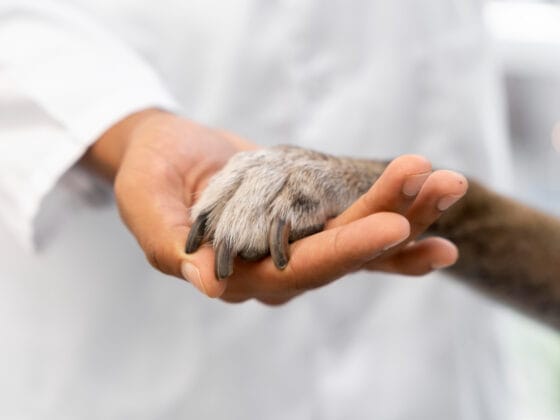Ile pies na kolan – A Popular Polish Saying
Poland is a country rich in culture and traditions, and one of the most interesting aspects of Polish culture is its unique sayings and proverbs. These sayings often reflect the values and beliefs of the Polish people, and one such saying is „ile pies na kolan,” which translates to „how many dogs on your lap.” This saying is used to describe a situation where someone is overwhelmed or has too much on their plate. In this article, we will explore the origins and meaning of this saying, as well as its significance in Polish culture.
The Origins of „Ile pies na kolan”
The saying „ile pies na kolan” has its roots in the rural lifestyle of Poland, where dogs were often kept as working animals on farms. In the past, it was common for farmers to have several dogs to help with various tasks, such as herding livestock or guarding the property. However, having too many dogs on one’s lap would be impractical and uncomfortable, symbolizing a situation where one is overwhelmed or burdened.
The Meaning and Usage of „Ile pies na kolan”
The saying „ile pies na kolan” is used to describe a situation where someone has taken on more than they can handle or is overwhelmed by their responsibilities. It is often used in a lighthearted manner to express sympathy or understanding towards someone who is feeling overwhelmed. For example, if a friend is juggling multiple projects at work and is visibly stressed, you might say to them, „Ile pies na kolan!” to acknowledge their situation.
This saying can also be used to caution against taking on too much or overcommitting oneself. It serves as a reminder to prioritize and not let responsibilities pile up to the point of being overwhelming. By using this saying, Poles encourage each other to find a balance and avoid becoming overloaded with tasks.
Examples of „Ile pies na kolan” in Polish Culture
The saying „ile pies na kolan” is deeply ingrained in Polish culture and can be found in various forms of media, including literature, film, and music. One example is the popular Polish comedy film „Ile Piesków na Kolanach” (How Many Dogs on Your Lap), which humorously depicts the chaotic life of a single mother trying to balance her career and family life.
Additionally, this saying is often used in everyday conversations among friends, family, and colleagues. It serves as a way to empathize with others and acknowledge the challenges they may be facing. By using this saying, Poles create a sense of camaraderie and support, reminding each other that it’s okay to feel overwhelmed at times.
The Significance of „Ile pies na kolan” in Polish Culture
The saying „ile pies na kolan” reflects the Polish value of hard work and the importance of finding a balance in life. Poles are known for their strong work ethic and dedication to their responsibilities, but this saying serves as a reminder that it’s equally important to take care of oneself and avoid becoming overwhelmed.
In a society where people often take on multiple roles and responsibilities, „ile pies na kolan” encourages individuals to prioritize their well-being and not let their obligations consume them. It promotes the idea that it’s okay to ask for help or delegate tasks when necessary, rather than trying to do everything alone.
Summary
The saying „ile pies na kolan” is a popular Polish saying that reflects the Polish value of hard work and the importance of finding a balance in life. It originated from the rural lifestyle of Poland, where having too many dogs on one’s lap would be impractical and uncomfortable. The saying is used to describe a situation where someone is overwhelmed or has taken on more than they can handle. It is often used in a lighthearted manner to express sympathy or understanding towards someone who is feeling overwhelmed. The saying is deeply ingrained in Polish culture and can be found in various forms of media, as well as everyday conversations. It serves as a reminder to prioritize and not let responsibilities pile up to the point of being overwhelming. By using this saying, Poles encourage each other to find a balance and avoid becoming overloaded with tasks.







